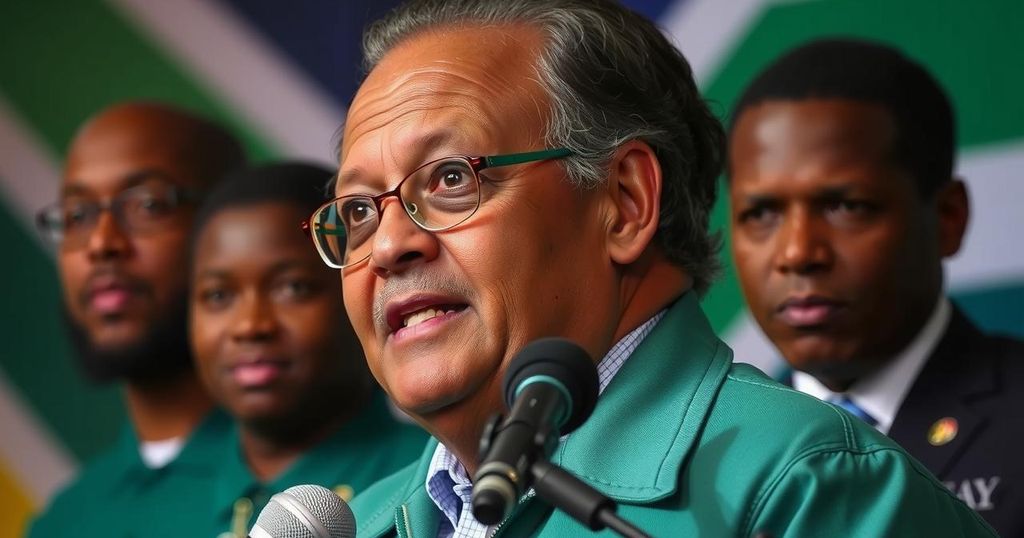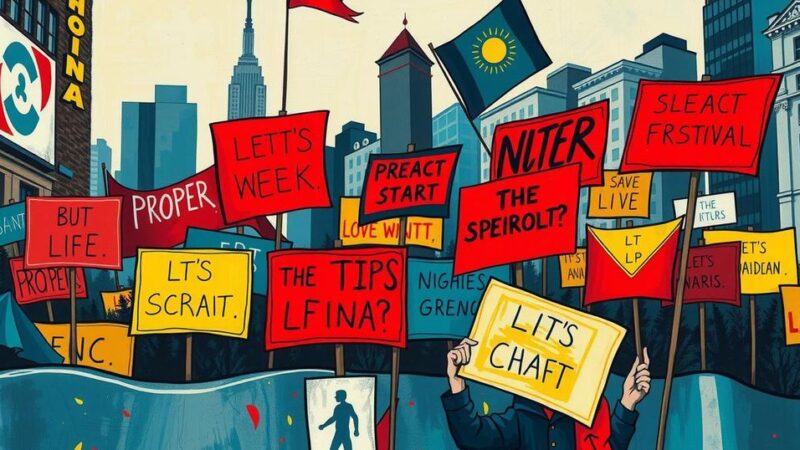The SACP will contest the 2026 local elections independently, marking a significant break from the ANC after the latter allied with the DA. This decision reflects rising dissatisfaction with the ANC’s neoliberal shift and its inability to tackle systemic poverty and inequality, as the SACP aims to reassert its leftist identity and engage with a disaffected electorate.
The South African Communist Party (SACP) has officially announced its intention to contest the upcoming 2026 local government elections independently, a significant departure from its longstanding alliance with the African National Congress (ANC). This announcement was made during the SACP’s Special National Congress in mid-December following the ANC’s recent alliance with the right-leaning Democratic Alliance (DA) to form a Government of National Unity (GNU). The ANC’s decision came after it garnered only 40% of the votes in the May general elections—the lowest percentage ever received by the party since it began competing post-apartheid.
The SACP’s shift to contest elections under its own banner stems from growing concerns about the ANC’s increasing alignment with neoliberal economic policies and its failure to address pressing social issues such as poverty and unemployment. The ANC’s collaboration with the DA marks a turning point for the SACP, which has historically supported the ANC in elections. This change reflects deepening disillusionment within the SACP and its ally, the Congress of South African Trade Unions (COSATU), regarding the state of the national democratic revolution (NDR) and their position within the ruling alliance.
In conclusion, the SACP’s decision to contest the 2026 elections independently underscores a significant ideological shift and a response to the perceived failures of the ANC. By aiming to reinvigorate its leftist identity and engage more actively at the grassroots level, the SACP hopes to foster progressive change and address the governance crises facing South Africa. The future interplay between the SACP and the ANC remains uncertain, notably with overlapping membership that complicates this transition.
Original Source: cpusa.org






